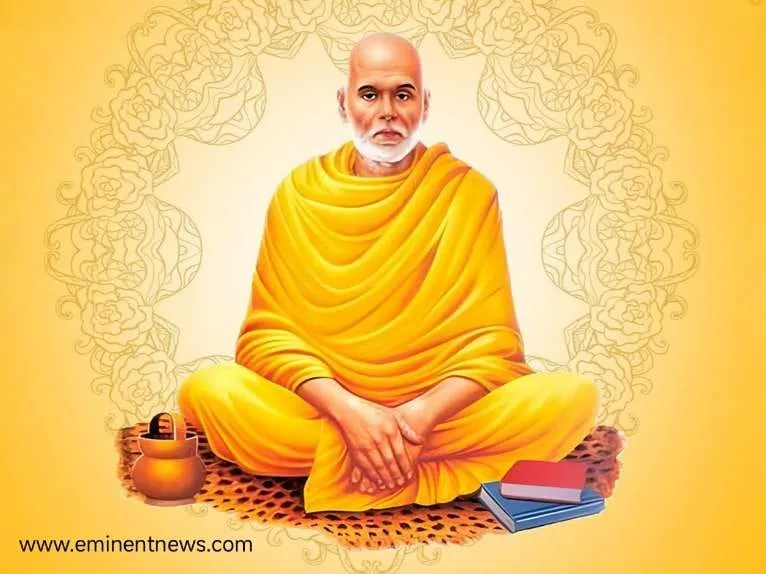Misuse of the SC/ST Act in India is a significant concern, with courts and legal experts acknowledging instances of false accusations and exploitation of the law . The Scheduled Castes and Scheduled Tribes (Prevention of Atrocities) Act, enacted to protect marginalized communities, has faced scrutiny regarding its implementation and potential for abuse .
Breakdown of the key issues:
- Concerns Raised by Courts:
- The Supreme Court has stated that caste abuse must occur in public view to constitute an offense under the SC/ST Act .
- The Allahabad High Court has emphasized the need for thorough verification of complaints before filing an FIR to check the credibility of a complaint .
- The Madhya Pradesh High Court has raised concerns about brokers getting involved in SC/ST Act cases for compensation . Justice Vivek Agarwal highlighted how these brokers file bogus cases to procure compensation for victims and then claim a share of the payout .
- Examples of Misuse:
- Instances of false FIRs being registered to obtain compensation have been noted .
- The Act has been used to settle personal scores or for financial gain .
- Sahdev from Lucknow was sentenced to seven years in prison for filing a false case under the SC/ST Act .
- Safeguards and Guidelines:
- The Supreme Court has issued guidelines for preliminary inquiries before an FIR is lodged under the SC/ST Act to evaluate the credibility of the complaint and prevent wrongful arrests .
- Courts have stressed the importance of distinguishing between genuine and false accusations through sincere investigation and honest prosecution .
- Challenges in Proving Misuse:
- Proving misuse is difficult due to the strict protections offered by the Act to victims .
- Balancing the need for protection with the potential for abuse remains a significant challenge .
- Proposed Reforms:
- Mandatory pre-registration inquiry to assess the quality of complaints .
- Mediation and reconciliation sessions to resolve disputes amicably before legal proceedings .
- Imposing penalties for filing false complaints for personal profit or gain .
- Public vs. Private View: An allegation within closed doors cannot be a public offense under the SC/ST Act, according to the Supreme Court .
It is important to note that the Act itself remains a vital piece of legislation for protecting marginalized communities . The key lies in ensuring its fair and judicious application to prevent misuse while upholding its intended purpose .



























